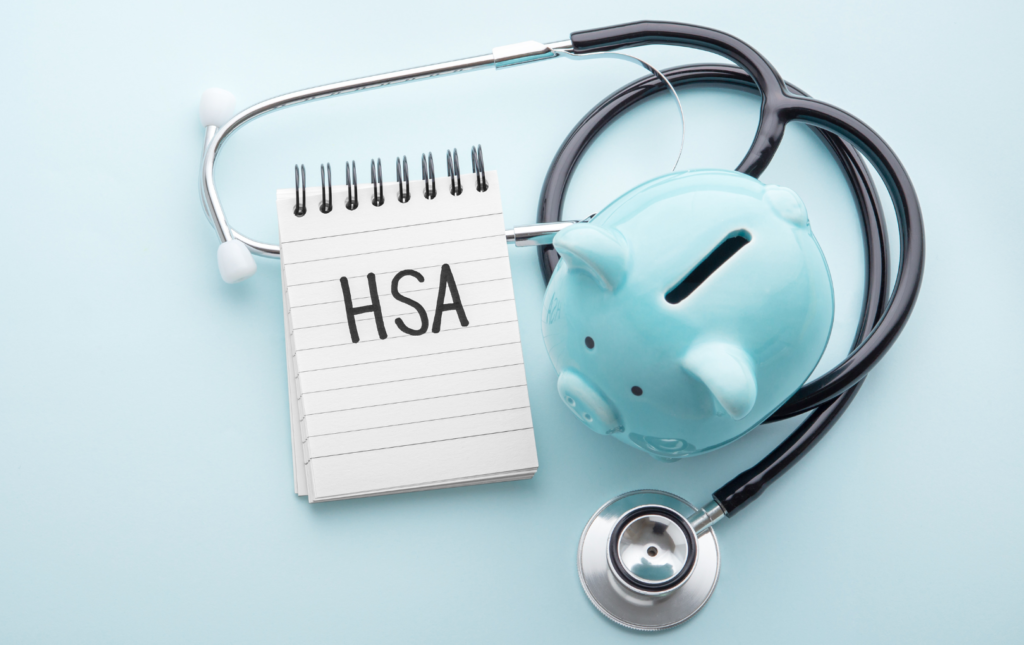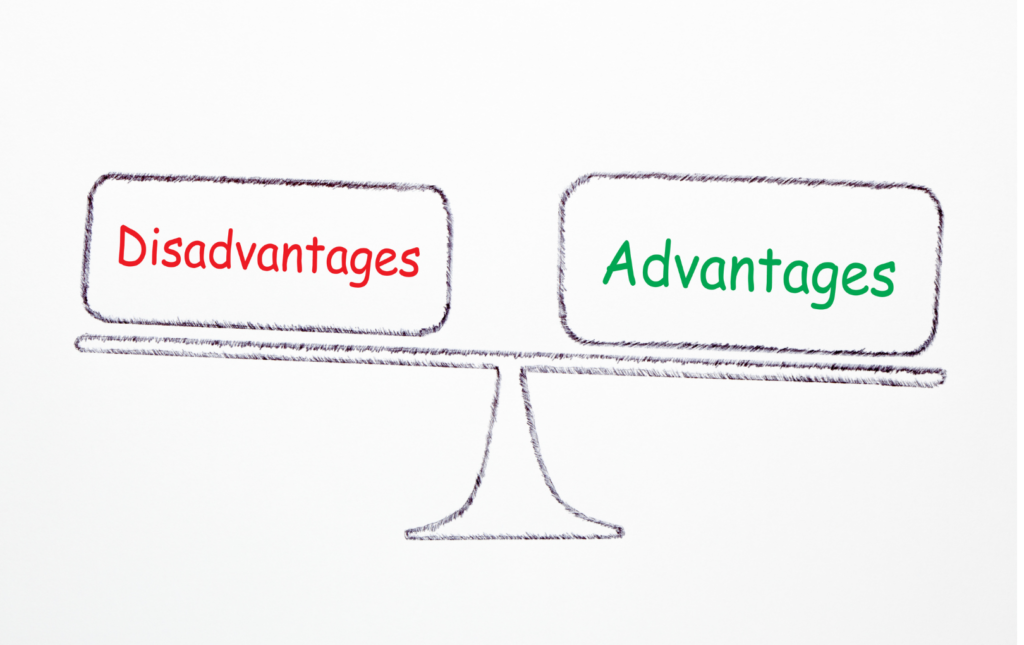Although I am a licensed attorney, I do not practice law. Yet, I combine my passion for personal finances by helping people as a licensed registered investment advisor and providing holistic wealth advising for goal-oriented individuals. This blog aligns with my passion for sharing my knowledge with goal-driven individuals looking to enhance their financial literacy and amplify their wealth. Welcome!
Are you ready to simplify your finances, achieve your financial goals, and amplify your wealth? Let’s connect! Click the link below to schedule your free 15-minute consultation.
Ask Alissa
Join the Amplify My Wealth community on Instagram and Clubhouse for even more tips, and connect and interact with me on LinkedIn and Clubhouse to learn more ways to amplify your wealth!
Health Savings Account Rules
April 9, 2023

Of course, I will share the vital Health Savings Account Rules. Yes, I love HSAs, but I want to ensure you do not overlook the impact of inheritance by a non-spouse. Although I also love the HSA’s triple tax advantage, no one seems to discuss: what happens to your HSA if you do not use it all.
The Health Savings Account Rules: Triple Tax-Advantaged Account

“‘An HSA is triple tax-advantaged, allowing an individual to save pre-tax dollars, invest the money within the account, and not pay taxes on potential investment gains, or when using the money for qualifying medical expenses,’ says Alissa Krasner Maizes, an investment advisor and the founder of the Florida financial planning firm Amplify My Wealth.”
USA TODAY, A Guide To Health Savings [HSA] Account Rules written by Erin Gobler
HSA money can pay for current or future qualifying health-related expenses, health, vision, and dental, for the account owner, spouse, and eligible dependents.
The Health Savings Account Rules: Is An HSA Best For You?

“’The triple tax-advantaged benefits of an HSA are tremendous, especially when using it as a retirement health savings vehicle, allowing individuals to fund their HSA and invest it, paying for current health-related expenses with other money,’ says Maizes.”
USA TODAY, A Guide To Health Savings [HSA] Account Rules written by Erin Gobler
“’Although I love the triple tax advantages of an HSA, especially for those that choose to designate it as a vehicle to save for retirement health-related expenses, it needs to align with an individual’s needs and budget,’ says Maizes. ‘When considering health care insurance coverage, never overlook whether the premium and potential out-of-pocket deductible amount align with your budget and that your doctors are part of the specific plan.’”
USA TODAY, A Guide To Health Savings [HSA] Account Rules written by Erin Gobler
Who Can Contribute To An HSA?

To qualify to contribute to an HSA, an individual must have a high deductible healthcare insurance plan that sets forth that it is HSA qualified. Those eligible can contribute during the same calendar year, January 1st through December 31st, $3,650 with individual coverage and $7,300 with family coverage, and a $1,000 catch-up for people fifty-five and older. The account is in the individual policyholder’s name.
It is always important to ensure you have enough money set aside for your deductible in a separate account or within your emergency fund account. The Four Steps To Starting Your Emergency Fund will increase the certainty that your needs are met.
To qualify to contribute to an HSA, an individual must have a designated high-deductible healthcare insurance plan. From January 1st through December 31st, 2023, you can contribute $3,850 with individual coverage and $7,750 with family coverage. Also, there is a $1,000 catch-up for people fifty-five and older. The money remaining in the HSA rolls over each year.
A grown child that remains in your family’s HSA-eligible health insurance plan and is not eligible as a dependant can also fund their own HSA up to the family amount.
If an employer funds an employee’s HSA, the employee pays tax on that contribution portion. However, employer-funded contributions will retain a double tax advantage if the account holder follows the applicable rules.
HSA Rules & Can Your HSA Be Inherited By A Nonspouse

Can you inherit an HSA? It depends. A spouse can inherit an HSA and keep it as an HSA. But if a non-spouse inherits your HSA, it is no longer an HSA. When a non-spouse inherits an HSA, it is no longer treated as a tax-advantaged HSA. Also, taxes diminish an inherited non-spousal value, and the beneficiary loses the previous tax benefits.
HSA Keeping Your Receipts Can Make A Difference

As the saying goes, always keep your receipts, especially for your HSA-qualified expenses. The Health Savings Account rules provide that you receive reimbursement for your qualified expenses as long as you live. Whether you are getting reimbursements immediately or not, save those receipts.
Saving money in your HSA for retirement expenses has benefits. But remember, if a non-spouse inherits an HSA, it is no longer a tax-qualified HSA. Review your financial plan regularly and consider whether to increase your qualified reimbursements.
Your knowledge and understanding of the HSA rules are vital to making the best decision. Reference the USA Today HSA guide and IRS rules, and contact your human resources representative and financial advisor.
